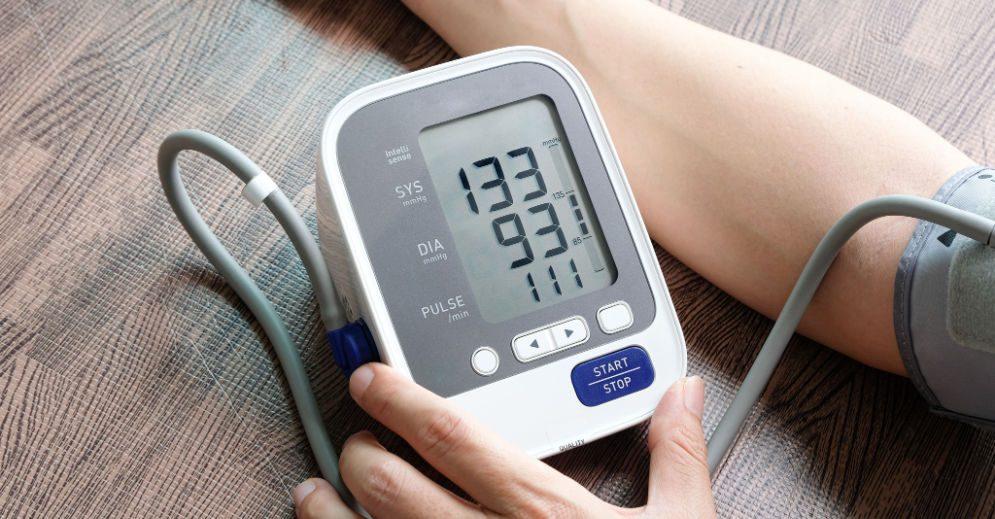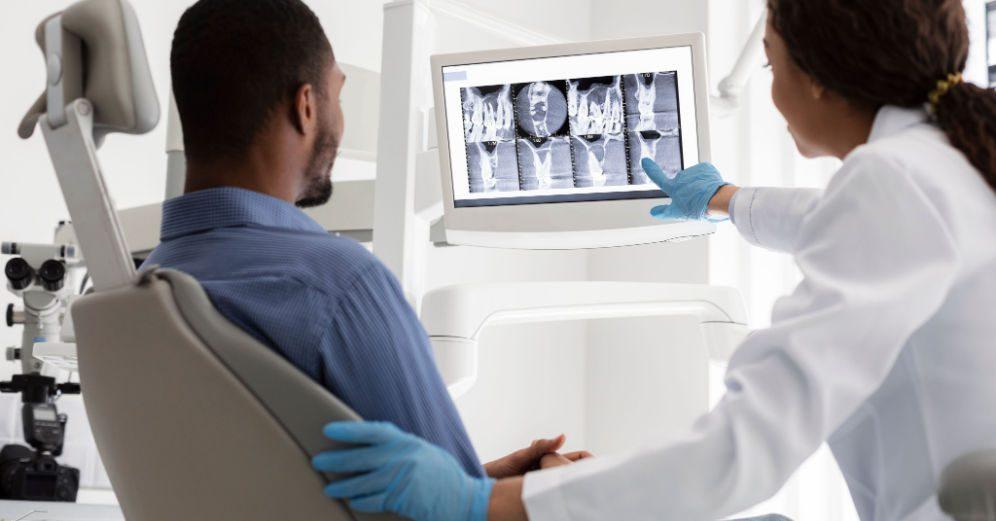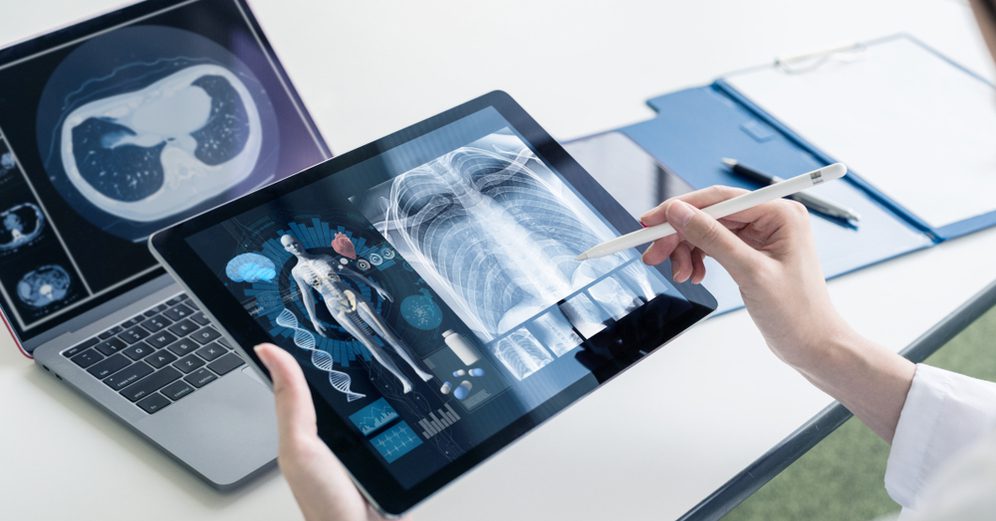Our Blog
Industry News &
Updates

Why we must refine remote patient monitoring with medical sensors
Remote patient monitoring (RPM) involves overseeing a patient’s vital signs outside of a hospital environment, such as at home or in an aged care facility. It involves hardware, like medical sensors, to acquire data and software to save and...

4 challenges with data integration in healthcare
Data integration in healthcare unlocks many possibilities. Experts can monitor trends in population health, medical records can keep doctors informed of a patient’s information, and individuals can become active participants in their health...

What does the future hold for AI and digital health?
Digital health is an area with many start-ups exploring possibilities to bring patients and healthcare professionals closer together. Many of these solutions explore how artificial intelligence (AI) can improve healthcare, especially for those...

How integrated technology solutions reduce healthcare costs
If a doctor has prescribed you medication, whether it be long or short-term, you would be familiar with taking it to a schedule and tracking each of your doses. I am sure you have also forgotten to take a dose a few times - many of us have at one...

Why we need interoperable patient-generated health data now
Previously, MedTech largely sat in the hands of providers, and improvements primarily supported the work of healthcare professionals. Now, many of us wear MedTech devices on our wrists or fingers. The proliferation of devices like wearables means...

Why MedTech providers must take healthcare data privacy seriously
Healthcare providers have begun moving their systems to digital, cloud-connected platforms. It is an exercise that benefits both healthcare providers and their patients. When providers have access to a patient’s health information via Electronic...

Why conduct interoperability testing in healthcare?
On a return trip from San Jose to Sydney some years ago, American Airlines cancelled my connecting flight from San Jose to LAX. I begged my way onto a Delta Airlines flight to LAX that would just about make it, if there were no delays. Normally, if...

Integration vs interoperability in healthcare
If you travel to a country where you do not speak the language, you might agree it is easier to learn a few phrases to ease communication with the locals. It is far more efficient to learn ‘thank you’ and ‘black coffee, please’ rather than relying...

Architecting modern data platforms in healthcare
At the core of every healthcare provider’s mission is quality care. But to provide quality care, you need data. With the advent of wearables and cloud-based electronic health records (EHR) systems, healthcare providers have access to a greater pool...

The corporate healthcare solutions that shaped 2021
The past year has further solidified the case for various kinds of healthcare solutions. Continued lockdowns across Australia have become the catalyst for new technologies and enhancements to existing technologies.Many of us have experienced these...

5 reasons you need a FHIR integration engine
Interoperability in healthcare delivers numerous benefits to healthcare organisations, and its growth across healthcare is predicted to double by 2024. It helps healthcare providers deliver better outcomes for patients, increases patient...

How FHIR implementation supports population health
In the past two years, we have witnessed a significant use case for population health data. Contact tracing has allowed many of us to be notified of potential COVID-19 contact and get tested. The data behind these systems has allowed healthcare...
